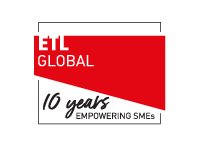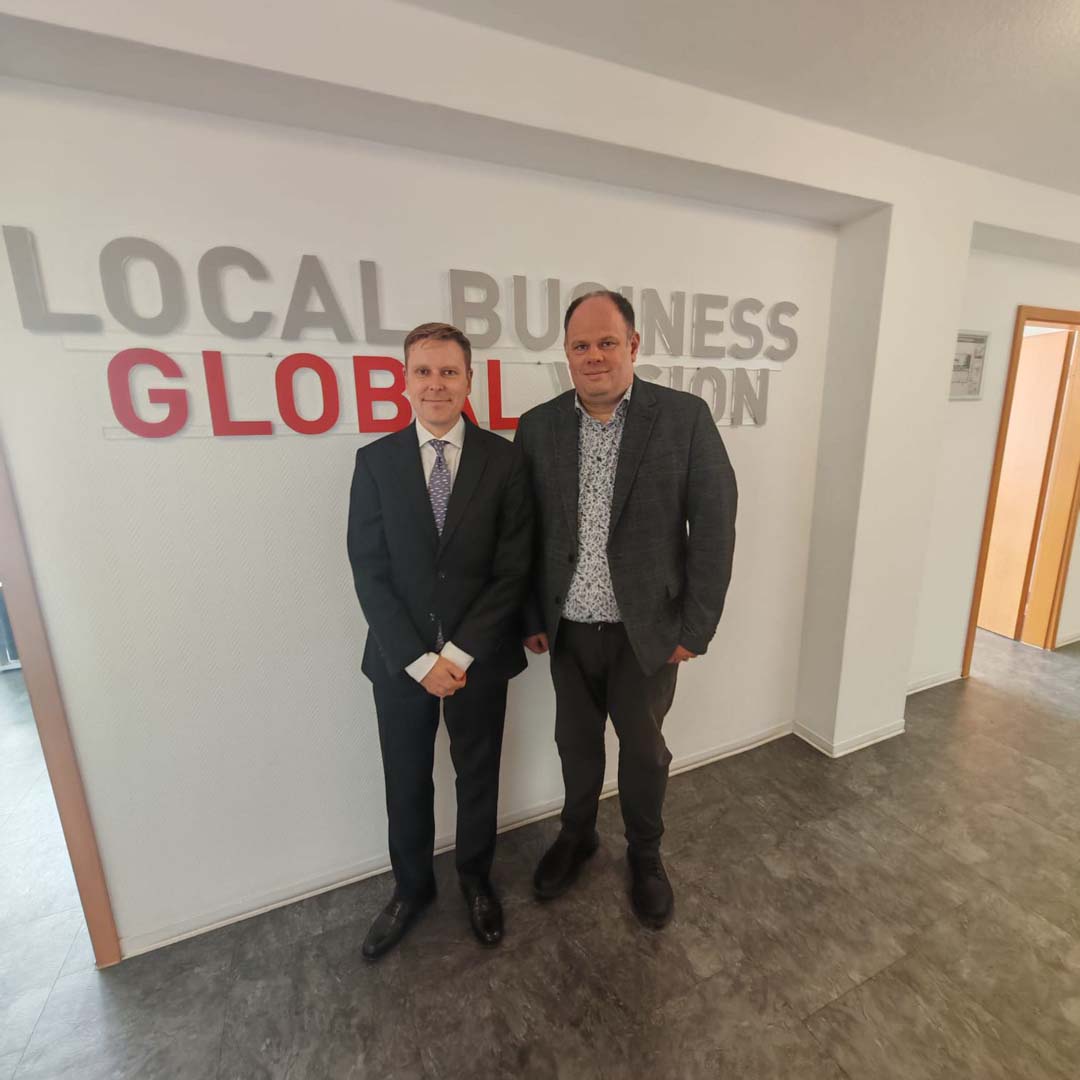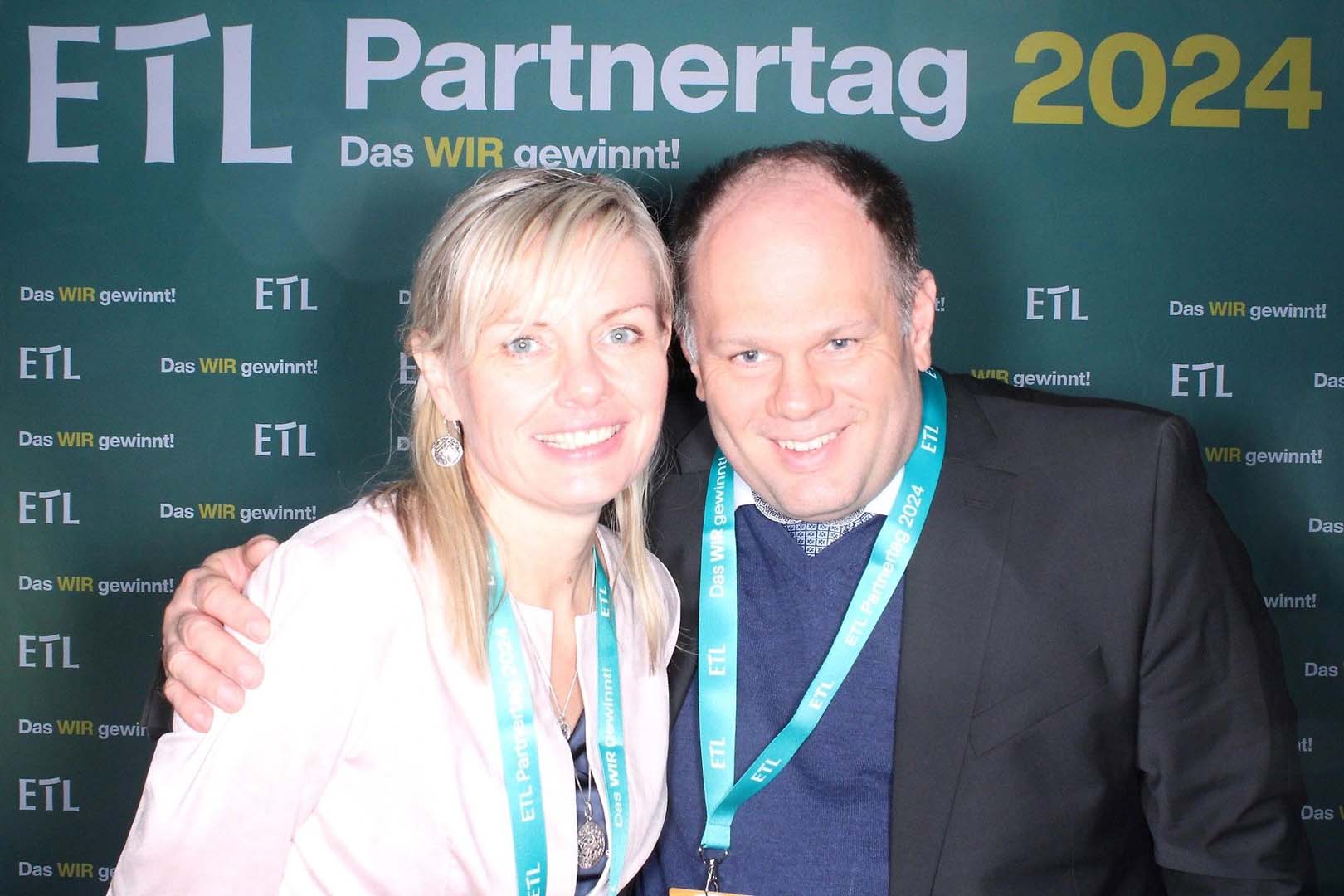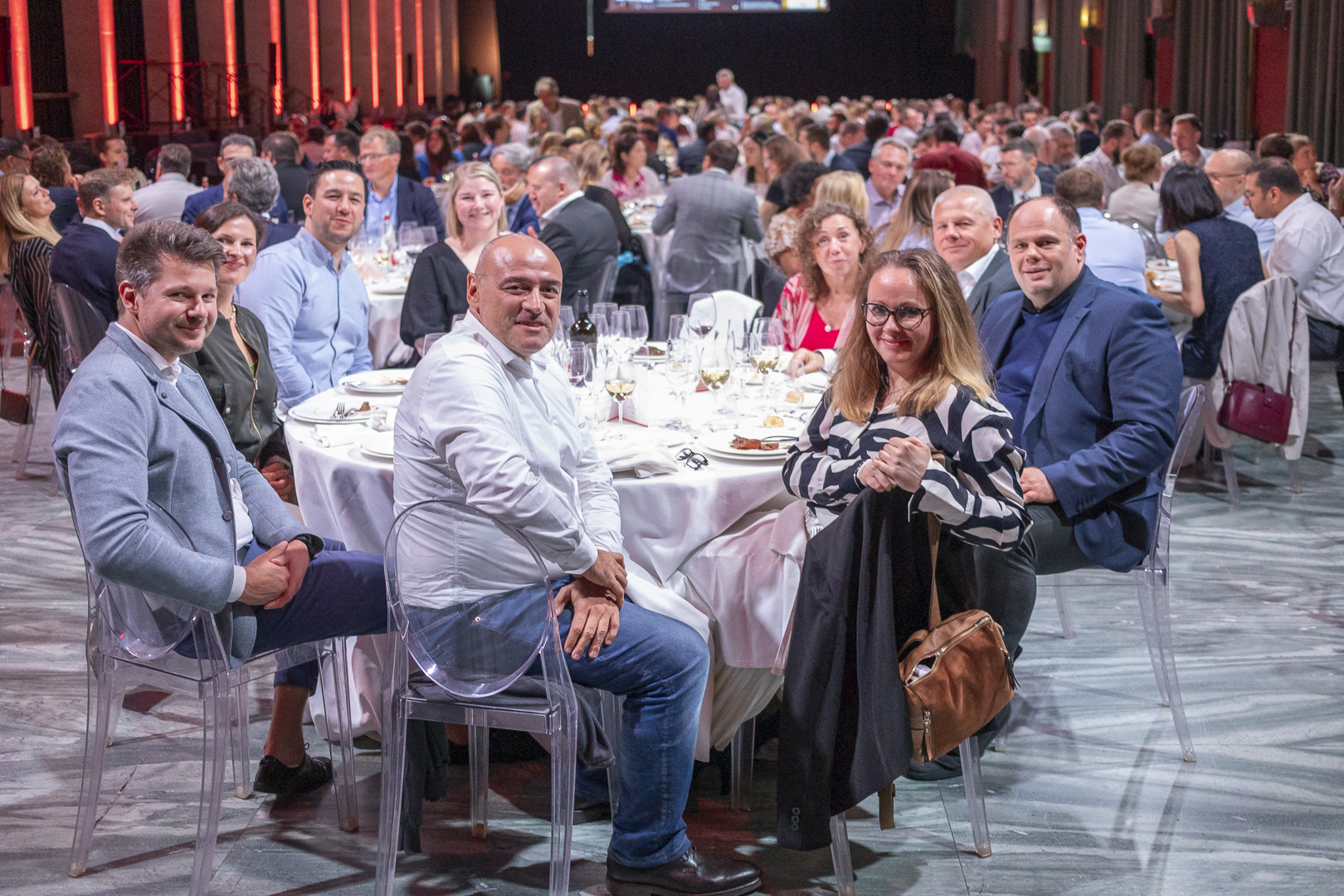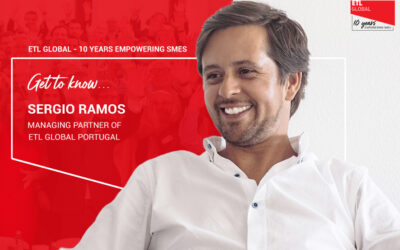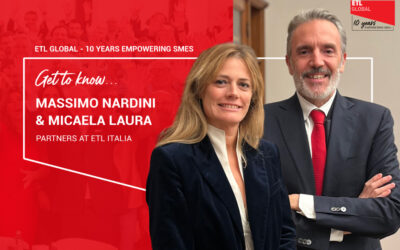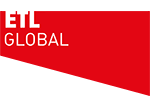As ETL GLOBAL celebrates 10 years of empowering SMEs, attention now moves to the leaders who are strengthening the network’s presence beyond its original core markets. In this interview, we get to know Martin Roško, Managing Partner of ETL SLOVAKIA, as he reflects on his path, his approach to leadership, and the changes reshaping the profession.
Early foundations and formative lessons
Martin Roško was born in Čierna nad Tisou, a small town in eastern Slovakia at the tri-border with Hungary, Romania and what was then the Soviet Union (today Ukraine). Martin describes his hometown as a remote place, but one with a surprisingly strong educational system. “Our schools were excellent,” he says. “Many outstanding teachers were posted there, some because they had been critical of the communist regime. They may not have been happy about it, but for us as children, it was a great advantage.”
Originally, Martin intended to study physics, attracted by its logic and structure. However, in the early 1990s, research opportunities in Slovakia had become scarce, and laboratories were struggling to survive. “My mother saw a nuclear physicist from our town working as an accountant and told me to think pragmatically,” he says. Taking her advice, he decided to enter the same profession, finding in it the reasoning and precision that had drawn him to science in the first place.
He then began his education at the Business Academy in Košice, which provided strong technical training in accounting and economics, and later continued at the Slovak University of Agriculture in Nitra, specialising in Finance and Accounting. During this time, he also taught accounting at a secondary school in his hometown, an experience that, as he recalls, taught him to pay closer attention to how others understand and interpret information: “If people don’t follow what you’re explaining, you’re probably the one who hasn’t made it simple enough.”
On the path to leadership
After several years of combining teaching with his studies, Martin moved fully into advisory work. Among his first professional experiences, one case in particular left a strong impression. “A client’s shareholder had passed away unexpectedly, and while helping to resolve the situation, I became involved in a business venture outside our core field,” he recalls. What began as an attempt to help, gradually developed into something that consumed more time and resources than expected. The experience was demanding and ultimately unsuccessful, but it became an important lesson in professional boundaries and decision-making. “It taught me that you cannot run two businesses at once and that you should never continue investing time or energy into something that cannot be saved,” he says. “You must know when to stop.”
That experience also changed how he viewed the role of an advisor. He realised that professional work is not only about providing expertise but also about ensuring that advice leads to action. “The value of an advisor depends on whether their guidance is taken seriously. If you cannot align with the client on decisive issues, it’s better to step away and stand by your professional judgment.” Since then, he has paid particular attention to defining responsibilities clearly at the start of any engagement, including how decisions are made and when to step back if fundamental principles are not respected.
Joining ETL GLOBAL
By the time Martin Roško joined ETL SLOVAKIA, his firm had already established itself in the national market, but Martin saw a clear need for stronger international connections. “Our clients were expanding abroad and needed consistent support in tax, payroll, and accounting across several countries,” he says. “Joining ETL GLOBAL was a logical step.”
There was also a professional motivation. Leading a firm can be a solitary experience, he admits. “You deal with risks, regulations, people, and timing, often on your own. Not every decision can be shared or fully explained immediately. That’s why leadership can feel lonely.” ETL GLOBAL offered him a community of peers who understood that same complexity, with partners who could exchange ideas openly, challenge each other’s thinking, and bring reliable solutions to clients together.
He quickly saw the difference that structure made. “ETL GLOBAL provides a platform that is both practical and value driven. Every firm keeps its independence, but we work with shared standards and mutual trust. That’s what allows collaboration to work smoothly.” Martin highlights that within the network good ideas circulate freely. “What I appreciate is that ETL GLOBAL is not a hierarchy. Ideas are recognised because they work, not because of where they come from. Even smaller countries like Slovakia can contribute to the network’s direction.”
In 2024, Martin stepped up as the Master Partner of ETL GLOBAL in Slovakia, becoming the Managing Director of the group in the country. His role now focuses on strengthening cooperation between the local offices, identifying synergies and growth opportunities, and ensuring that expansion happens in a structured and sustainable way. “ETL GLOBAL’s growth has often come through acquisitions or partnerships with other established firms, which requires careful integration,” Martin says. “You’re working with founders who have built something over decades. They have their own habits and strong opinions, and rightly so. You cannot force change. You have to listen, communicate, and choose the right moment to act. When discussions shift from how things appear to how things actually work, progress begins.” For him, the most effective partnerships are built on patience, communication, and evidence. As he puts it simply, “Data and examples speak louder than opinions.”
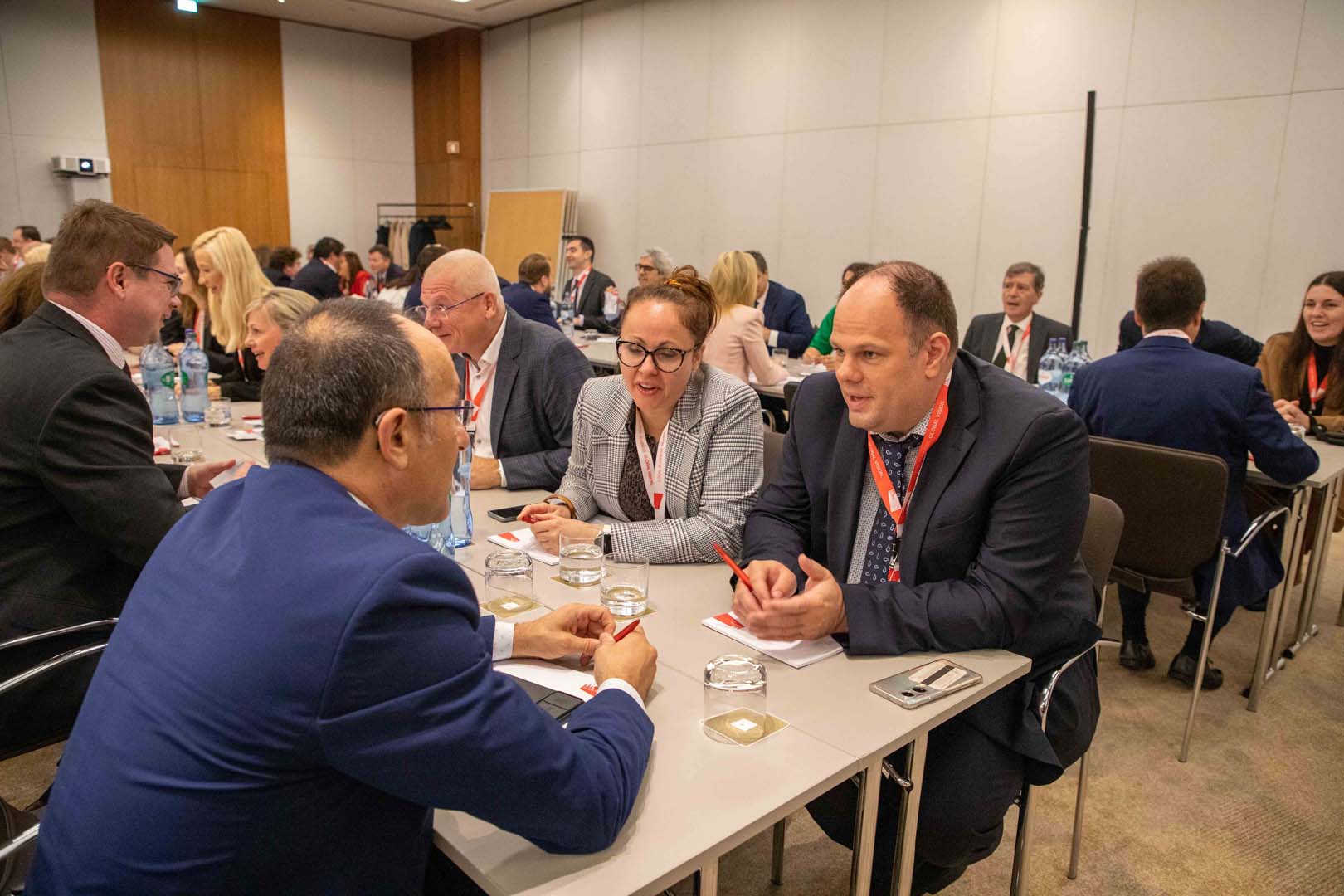
Martin Roško during the ETL GLOBAL Conference held in Lisbon in 2022.
A profession in transition
The accounting and advisory field is changing faster than at any point in recent decades, and Martin approaches these shifts with a mix of realism and curiosity. He sees technology not as a threat but as a catalyst that demands new habits, stronger processes, and a higher level of professional judgement. “Three main forces are shaping the future: artificial intelligence, e-invoicing, and better internal organisation,” he says.
He explains that AI is already moving from trial to routine, gradually embedding itself into the daily workflow. “It won’t replace professionals, but it will redefine what their time is worth. Automation will take over the repetitive side of work leaving professionals to focus on interpretation, communication, and decisions that require human context” he says. “The winners will be those who combine AI with clear governance.”
The second change, e-invoicing and structured data, is transforming how information moves between firms, clients, and authorities. As he puts it, “Once documents start as data, the old system of scanning and retyping disappears.” The implications go beyond efficiency: structured data means faster closings, fewer errors, and a cleaner audit trail. He believes that firms that design their operations around consistent data logic and straight-through processing will gain not only speed but also credibility.
Still, Martin insists that no system works without people adapting their way of working. “The biggest waste isn’t technology but unstructured communication and constant context switching,” he says. Many firms, he adds, underestimate how much time is lost when responsibilities are unclear or when teams rely on improvised communication rather than defined processes. For him, the next real progress in the industry will come from standardised workflows, clear accountability, and written updates that make decisions traceable and expectations visible to everyone involved.
Across all these changes runs a single principle: discipline. In Martin’s words, “One version of the truth, written records, and traceable decisions, that’s what creates trust.” To him, digital transformation will strengthen the foundations of professional work turning transparency, structure, and accountability into daily practice.
When asked about his goals for the future, Martin keeps his focus on tangible priorities. He wants to continue strengthening collaboration between offices, improve communication standards, and invest in mentoring younger professionals. “Helping the next generation build discipline is essential for the long-term health of any firm,” he says.
He also expects the coming years to bring further consolidation in the market, something he views as both an opportunity and a responsibility. “There is still space for thoughtful growth, but quality must come first. Integration must happen at a pace that maintains trust.”
For Martin, lasting success will depend less on technology itself and more on how people work together with clarity, structure, and mutual respect. “If we keep listening hard, debating honestly, and executing with consistency, ETL GLOBAL will continue to be that kind of network.”
